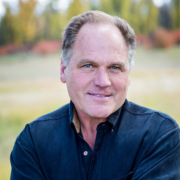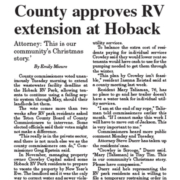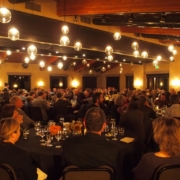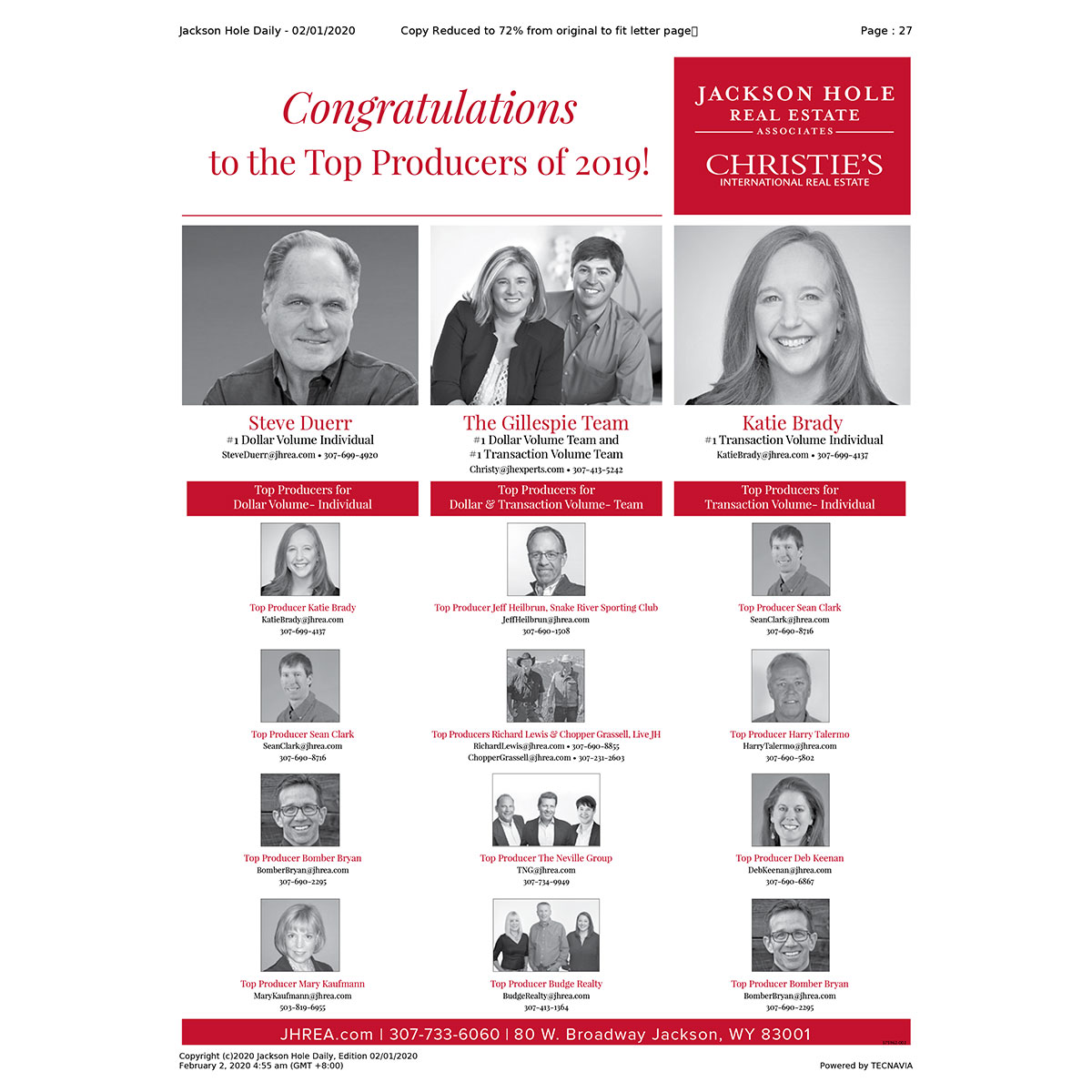Cowboy State Daily
Letter to the editor. By Steve Duerr
Dear fellow Wyoming Patriot & Member of the Legislature: Subject: Wyoming Legislature – 2021 – Convention of States Initiative
I hope to see you in Cheyenne during the 2021 legislative session in March. I will be calling you to discuss this email and to seek your support.
You may know that I have been a volunteer for the Convention of States initiative in Wyoming since 2014.
I’ve been a lawyer since 1980 working in NW Wyoming for about 36 years. I have traveled to Cheyenne to advocate for COS, in what will be my 4th legislative session: 2015, 17, 19 and now 2021.
I will not give up because I’m a grandpa and father of seven and I fear for my family.
I strongly believe that the remedy for Federal abuse our Founders created in Article V of the US Constitution, is the only remedy big enough to fix our current Constitutional Crisis.
The Presidential election, the Georgia Senate elections, the tragedy at the US Capitol, make it clear to me that We The People must use Article V to convene a convention of the states, for the purpose of considering amendments to the Constitution, that will increase self-governance and reclaim our Constitutional Republic. I summarize the current state of affairs for the national COS movement:
Presently, 15 of the required 34 states have, by a Resolution of the legislature, approved the uniform petition to Congress to call for a Convention of the States. COS Action was formed in 2014, based in Texas, Mark Meckler is the President (he was a founder of the Tea Party movement).
The COS uniform petition language for states to support by a Joint Resolution includes 3 issues:
1. Fiscal spending restraint
2. Reduce the size, power & jurisdiction of the federal government
3. Term limits for some federal officials
The COS petition and related state Resolution are perceived as conservative public policy. In that context, in 2017, the Wyoming Legislature did approve support for the balanced budget amendment initiative (BBA); conservative public policy.
Some WY legislators perceive that the COS petition issue 1, fiscal restraints, was accomplished by support for the BBA. But, the BBA does not go far enough to constrain the Federal Government.
In the Wyoming Legislature, in my opinion, the primary reason the petition has not succeeded is the fear of a so-called “runaway convention.”
There is no historic or legal precedent for a runaway convention. Each state shall have one vote at the COS, regardless of the population of the state. Attempts to discuss any matters outside the three described issues, shall be ruled inadmissible.
The most important safeguard is the extremely high bar for acceptance of any proposed amendments, in that ¾ or 38 states must ratify proposed amendments.
Therefore, it is virtually politically impossible for any amendments to be adopted that do not have overwhelming support of the American people.
As a practical matter, especially given that the vast majority of State power is in the Heartland Red States or the “fly-over states,” there are far more checks on a possible runaway convention, then presently in place, on our runaway Congress.
NOW, in these perilous political times, We the People have the power to take back our government and return power to the States.
It is critical to know that the Article V remedy was created by the Founders for precisely this time in our Nation’s history, when the Federal Government is the oppressor of the people. It’s time for action!
Full text of Article V of the US Constitution: “The Congress, whenever two thirds of both houses shall deem it necessary, shall propose amendments to this Constitution, or, on the application of the legislatures of two thirds of the several states, shall call a convention for proposing amendments, which, in either case, shall be valid to all intents and purposes, as part of this Constitution, when ratified by the legislatures of three fourths of the several states, or by conventions in three fourths thereof, as the one or the other mode of ratification may be proposed by the Congress; provided that no amendment which may be made prior to the year one thousand eight hundred and eight shall in any manner affect the first and fourth clauses in the ninth section of the first article; and that no state, without its consent, shall be deprived of its equal suffrage in the Senate.
Thank you for your consideration of this matter,
Note: Steve Duerr, a COS Action volunteer since 2014, Attorney at Law, 307.699.4920 Cellemail:steveduerr08@gmail.com, PO Box 11210 Jackson Hole, WY 83002 www.steveduerr.com

















